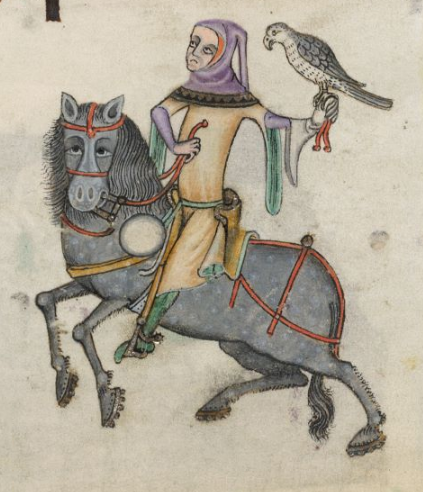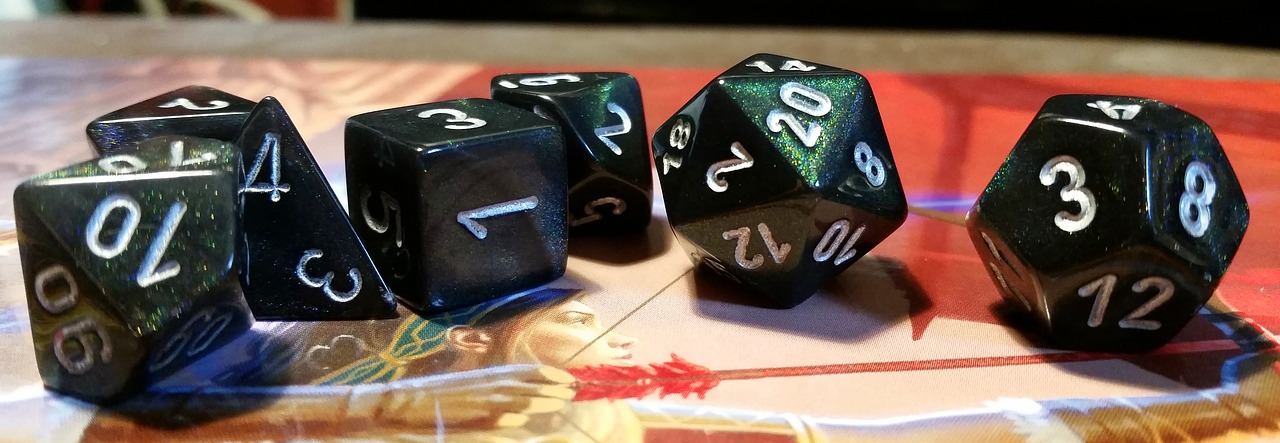Otium is a term used for activities player characters may engage in when they are not actively adventuring. Some otium activities grant experience points or other rewards in exchange for spending gold earned from adventures. In order to engage in otium, a character must maintain upkeep of their lifestyle (which includes any followers or henchmen!) through cost of living.
The following activities are considered part of the oitum system:
General
Adornment
Spend gold to adorn oneself in clothing, jewelry, and perfumes to gain in status and reputation. For every 2 gold pieces spent, the character earns 1 experience point, up to a total of 100 XP. The character must successfuly find a tailor or jeweler through successful city navigation and cannot spend more than 50 GP a day.
Carousing
Spend gold to support humanitarian causes or on prolong drunken revelry. A roll of 1d20 times 30 determines the amount of gold the character spends during the week. The character can either engage in philanthropy, drunken orgies, study and research, or the pursuit of new sensual experiences through gourmandizing. At the end of the week, the character makes a saving throw based on the particular carousing activity chosen (Philanthropy = vs. Spells, Orgies = vs. Poison, Study/Research = vs. Paralysis, and Gourmandizing = vs. Wands). O a failed save, the DM will roll for an interesting result on a table. If a character runs out of funds, only earns half XP and rolls for the save with a -4 penalty.
Rumor-Gathering
Spend gold to gather rumors on the local area and/or current events; the amount of gold spent is determined by a roll of 1d4 times 10. Rumor gathering takes 1 day and success is determined by a reaction roll, modified by the character's CHA.
Healing
A character may elect to spend a day in bed rest. Doing so will heal 1d3 hit points per day of rest.
Relaxation
A character who is at full hit points may elect to relax. For every week spent in relaxation, the character gains +1 HP per hit die for the next adventure.
Engaging in Rodomontade
A party of adventurers can spend a week doing nothing but spreading tales of their heroics in every inn, tavern, and public square they can find. This will afford each character a 5% XP bonus on XP earned from the previous adventure. If the party includes a bard, this bonus is increased to 10%.
Preparing and Scouting
If a party of adventurers spend a week scouting sites, training, or anything else to prepare for a particular adventure, the characters will gain a +1 bonus on saves for the duration of the adventure.
Developing Proficency Skills
A character can exchange 1,000 GP and a month's time of training for an addtional proficency point.
Weapons Training
A character can spend 1,000 GP and a week's time to train to become familiar with a particular weapon, allowing them to use it without penalty. This requires the character to find a suitable teacher through a city navigation roll or something similar.
Earning Income from Craft or Profession
A character who is proficient in a trade or profession may choose to practice it in town. One month of work negates the cost of living expense at the appropriate level for the profession or trade at the DM's discretion
Crafting Items
Characters skilled in a particular craft (e.g., blacksmithing, bowyer/fletching, etc.) can construct mundane items. 1 day's work produces 5GP worth of product, and the character must pay half the cost in raw materials.
Questing
A character might come across a minor quest or bounty with the specifics detailed by the DM.
Blood Sacrifice
A character in thrall to demonic patrons can sacrifice either GP or living beings to appease his or her dark lord in hopes of reward.
Fighters
Pit Fighting
A character can sign up to fight once per week. The purse for the fight is 1d6 times 100 GP times the character's level.
Constructing a Stronghold
If the character is 9th Level or higher, he or she can spend gold on the construction of their stronghold.
Clerics
Acquiring Congregants
A cleric is expected to grow his or her flock by proselytizing, performing missionary work, and constructing shrines and temples. Every 1000 GP spent a month on these activities grows the cleric's congregation by 1d10 + 2 per CHA of the character. Each congregant provides 1 GP per hit die per month in faith that can be spent on creating magical items, researching new spells, fueling high rituals, or constructing places of worship.
Constructing a Place of Worship
If the character is 9th Level or higher, he or she can spend gold on the construction of a temple for the glory of their patron diety.
Magic-Users
Charting a Horoscope
See rules on Astrologia for more details.
Scroll Scribing or Potion Brewing
At 7th level, magic-users and clerics can craft scrolls and potions for any spell they have access too or by researching the formula. A scroll requires 500 GP and 1 week's time per level of the spell, whereas, a typical potion requires 250 GP and 1 week's time. A potion with more powerful magics would require more time and money at the DM's discretion.
Artificing Magical or Alchemical Items
At 9th level, magic-users and clerics can create magical items; however, any class can create alchemical items. Item creation requires a formula, which can be obtained by either breaking down an existing item or through research. Research costs and time vary depending on the rarity of the item. Research also requires access to an arcane library. Crafting the item requires successful ability rolls based on the particular item to be crafted. Failure means the character must spend the requisite time again, a critical failure means the materials are ruined.
Spell Researching
Characters with the ability to cast spells learn new spells if they have access to a mentor for instruction. Training in the technique is 1000 GP and one week's time per spell level.
New Spell Creation
If a character has access to a laboratory complete with an arcane library, and has the ability to cast spells, he or she may attempt to create a new spell. A character cannot attempt to create a spell higher than the level he or she can cast. The player must submit the spell idea in writing to the DM for approval and it costs 1000 GP and two weeks' time per spell level to create.
Constructing an Arcane Sanctum
If a magic-user is 9th Level or higher, he or she can spend gold on the construction of an arcane sanctum in which to cloister one's self to perform magical and alchemical research.
Thieves
Assassination/Bounty Hunting
A thief might accept a contract to assassinate or capture a particular individual. In order to accomplish this, the character must succeed on a move silently roll. Various modifiers might be applied to the roll depending on the situation. The attempt takes 1 week's worth of time. If the roll succeeds, the character earns a bounty that can range from 100 to 400 GP per hit die of the target, in addition to combat experience. Failure represents the possibility of the character being caught.
Theft
A character can roll pick pockets to attempt to steal shipments of goods. A thief can steal 1d4 parcels plus an additional parcel per level. Likewise the thief can target a particular category of goods (e.g., ore, smoked fish, etc.) at a -10% penalty to the roll. Each robbery takes 1 week to accomplish. Failing the roll means the goods were not stolen, and at the DM's discretion, a poor roll may result in the character being caught by the authorities and charged with theft.
Racketeering
With a successful move silently roll, a character can earn 100 GP per level per month through various criminal activities. Running a racket always brings with it the chance of attracting unwanted attention from the authorities and rival gangs.
Banditry
A character can spend a month engaged in banditry and highway robbery. A success on an open locks roll nets the character 1d4+1 of type V treasure. Every accomplice brought along by the character adds a +5% bonus to the roll. However, each accomplice will expect an equal share of the treasure.
Gambling
A character may spend one week gambling. At the start of the week, the player states the amount of money the character puts up as stake. Succeeding on a remove traps roll increases the stake by 2d10%. However, on a failure, the stake is reduced by 5d20%.
Constructing a Guildhall
If a thief is 9th Level or higher, he or she can spend gold on the construction of a guildhall in which to headquarters a guild of thieves.



